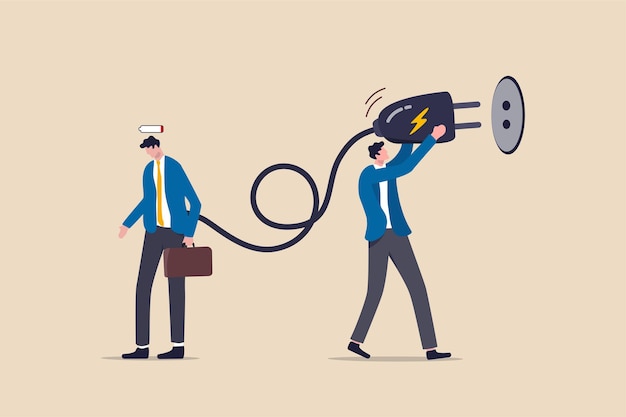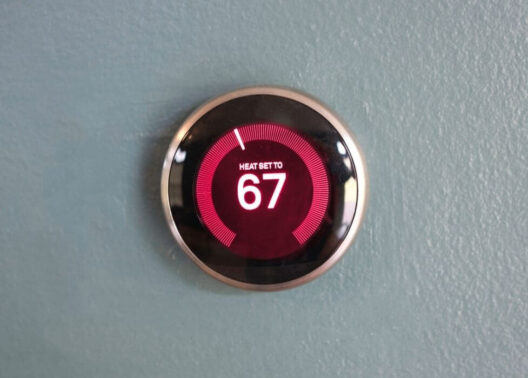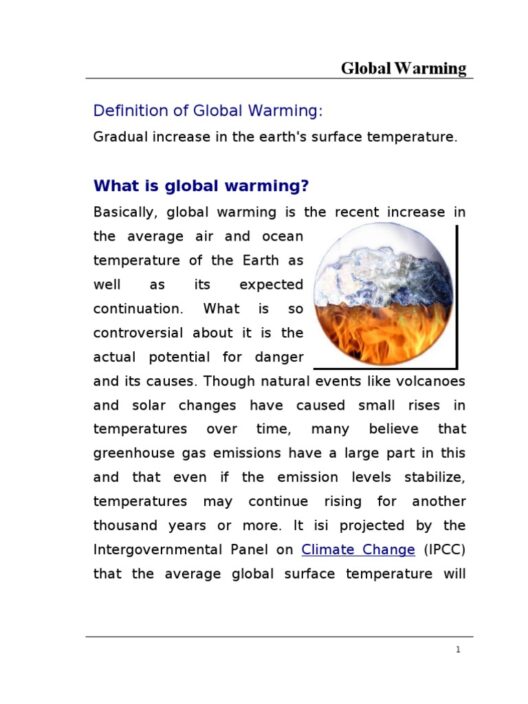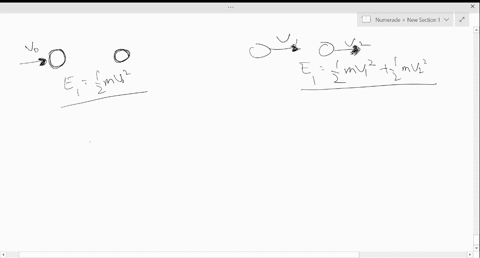Mental exhaustion is an all-too-common ailment in our fast-paced society. Have you ever felt drained at the end of a long workday, yet there’s still more to accomplish? How can one effectively conserve energy when battling mental fatigue? This topic not only encompasses personal well-being but also highlights the importance of managing our energy efficiently, which, in broader terms, entails a conscientious approach to our environmental impact.
First and foremost, it’s essential to acknowledge the physiological implications of mental fatigue. Cognitive functions, such as decision-making and problem-solving, often deteriorate as fatigue sets in. This deterioration can lead to inefficient workflows and inadvertently, increased energy consumption. Studies suggest that mental fatigue reduces our ability to concentrate, resulting in mistakes that often necessitate more time and energy to rectify. Thus, learning to rejuvenate the brain can promote not only personal productivity but also sustainability.
To navigate this challenge, one might consider implementing deliberate energy conservation techniques into daily routines. Begin with the fundamentals – hydration and nutrition. These two elements serve as the body’s fuel. Dehydration can significantly impair cognitive performance; thus, maintaining optimal hydration levels is paramount. As a preventative measure, aim to consume plenty of water and nutrient-rich foods throughout the day. For example, consider incorporating a variety of fruits and vegetables that are high in antioxidants, as they can combat oxidative stress, supporting cognitive health.
Moreover, sleep hygiene plays a critical role in energy conservation. Sleep is the brain’s natural restorative mechanism, facilitating crucial processes such as memory consolidation and emotional regulation. Prioritizing quality sleep isn’t merely beneficial; it’s essential for cognitive efficiency. Strategies to enhance sleep quality include establishing a consistent sleep schedule, creating a calming bedtime routine, and avoiding screens before bed. These practices can contribute to more vibrant mental health, thereby fostering greater energy sustainability in one’s daily life.
So, after a consistent sleep pattern, what next? Let’s explore the concept of mindful breaks. When faced with overwhelming tasks, it often feels counterintuitive to take time away from work. However, brief periods of relaxation can replenish mental resources. Techniques such as the Pomodoro Technique, where one works for 25 minutes followed by a 5-minute break, can enhance focus while simultaneously conserving energy. These intermissions can involve short walks, breathing exercises, or even a mini-meditation session, allowing the mind to refresh before tackling more demanding challenges.
Physical activity emerges as another powerful tool in the arsenal against mental fatigue. Engaging in regular exercise not only boosts physical health but also enhances cognitive function. Activities such as yoga or tai chi, which combine physical movement with mindful breathing, are particularly effective in increasing mental clarity and reducing stress. Furthermore, these activities promote neuroplasticity, contributing to the brain’s capacity to adapt and grow, which is instrumental in sustaining energy.
In our rapidly evolving technological landscape, it is also essential to be mindful of screen time. Digital fatigue can set in when we engage excessively with technology. To combat this, consider establishing “tech-free zones” in your daily routine, where creativity and surprise can flourish without the interference of screens. This practice encourages more genuine interactions with the environment, promoting both mental renewal and a re-evaluation of energy consumption in digital spaces.
Let’s not forget the influence of our surroundings on mental performance. A cluttered space can lead to a cluttered mind. Tidying up one’s workspace and ensuring it is organized can significantly enhance focus. Incorporating elements of nature into your environment, be it plants, natural light, or biodegradable materials, can further invigorate the senses and facilitate an improved state of cognitive function. Though simple, these changes can yield substantial benefits in both energy conservation and environmental consciousness.
Creativity introduces an intriguing avenue for energy renewal. Exploring creative outlets, such as painting, drawing, or engaging in music, not only provides a mental break but also revitalizes the brain. These activities stimulate different neural circuits, allowing for a break from the conventional and often exhausting tasks at hand. Engaging the brain in a creative pursuit can act as a catalyst, rejuvenating your mental state and leading to improved cognitive efficiency when returning to work-related tasks.
Social interactions also have a significant role in energy conservation. Engaging with friends, family, or even colleagues can provide emotional support, encouraging a shared experience that nurtures a sense of belonging. Finding time for meaningful conversations stimulates cognitive engagement and can dramatically counter feelings of fatigue. However, it’s vital to ensure that social interactions do not inadvertently add to mental strain; choose your company wisely, focusing on those who rejuvenate rather than drain your energy.
Finally, embrace the art of acceptance. The modern world encourages a relentless pursuit of productivity, but it is essential to recognize one’s limits. Acknowledging mental exhaustion is not a sign of weakness; rather, it is a call to listen to one’s body and mind. Accept that it is okay not to be at peak performance all the time. By recognizing and honoring these limitations, individuals can conserve their energy more effectively and achieve a more sustainable lifestyle.
The challenges of conserving energy while mentally exhausted are manifold, yet addressing these issues head-on can lead to profound benefits. By adopting practices that enhance mental clarity, engage creativity, and encourage restorative routines, individuals can find a harmonious balance between productivity and personal well-being. Ultimately, by nurturing our cognitive energy, we can not only recharge our brains but also contribute positively to the health of our planet.








